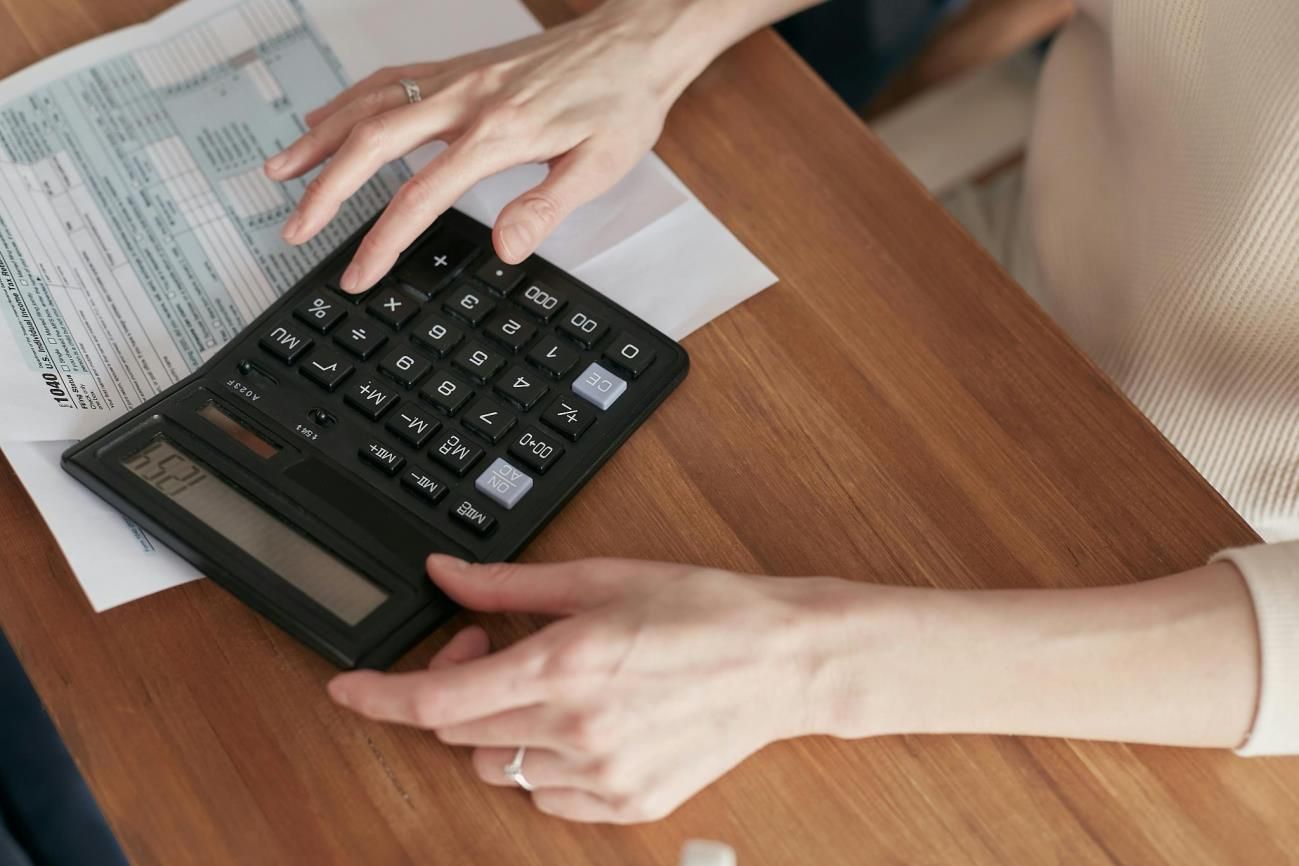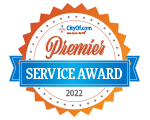What No One Tells You About Managing Money When You First Move Out

What No One Tells You About Managing Money When You First Move Out
There’s something raw and electric about that first night in your own place — mattress still on the floor, fridge humming half-empty, Wi-Fi maybe working. You made it. But once the quiet hits, so does the reality: now it’s all yours to manage. Rent. Groceries. Insurance. The stuff you didn’t even know had line items. Most young people think of moving out as a freedom play — and it is — but nobody hands you the financial muscle memory that comes with it. You have to build it fast. And if you miss even one key rhythm, the consequences show up in fees, debts, and months of spiraling catch-up.
You forgot the toilet brush — and $800
The quickest way to wreck your move-out budget is to assume rent is the only big number. That first grocery run, the cleaning supplies, shower curtain hooks, a trash can — they’ll all show up on your receipts before you even realize what’s happening. You’re not being reckless; you’re just unprepared for the everyday stuff you’ve never paid for yourself. It’s normal. But that doesn’t mean it’s harmless. Being aware that hidden moving costs add up fast can help you plan from a place of realism, not just optimism. You’ll need that clarity when the unexpected keeps showing up with a price tag.
If you’re making money — make it real
Freelance work feels casual, but your income deserves structure. If you’re earning from tutoring, art, web design, or anything else, you should be protected. That means forming a legal entity — not just for taxes, but for professionalism and peace of mind. You don’t need to go full accountant. You just need to form an LLC early enough to stop chaos before it starts. It’s a one-time move that can make everything feel realer — because it is.
Budgeting is not math — it’s rhythm
Don’t treat budgeting like a punishment. Treat it like music — irregular, but learnable. Your first paycheck will disappear if you let it. So will the second. But a good rhythm — one you can feel, not just add to a spreadsheet — helps you build in buffers, momentum, and breathing room. You’ll want flexibility, but you’ll need something firmer than vibes. Even a loose structure can teach you to see where the leaks are. You can start with frameworks designed for real life.
Credit isn’t help — it’s bait
Your first credit card doesn’t feel dangerous. That’s the trap. You’ll cover one small thing here, a few bills there, and suddenly you’re skipping lunch to make minimum payments. It doesn’t take a crisis — just a pattern. The pressure to look stable can push you into debt that follows you for years. Resist it early. Learn to avoid credit dependence traps before they look like solutions. You’ll thank yourself the first time your balance hits zero and stays there.
The fund you hate will save you
You won’t care about an emergency fund until you need it — which is exactly why you need one. There’s no glory in being caught off guard and having no financial cushion. But you don’t need to build six months right away. Start with one. Build slowly. Build stubbornly. Resources like timely emergency fund benchmarks give you numbers you can hit without giving up your whole life. Treat your fund like rent: non-negotiable, boring, and absolutely essential.
Don’t move out — just to fall back
Moving out too early feels brave — but sometimes it’s just expensive. If your paycheck doesn’t cover the full rhythm of life (not just rent), you’ll spend the next year playing catch-up. There’s no shame in staying put longer if it buys you time to build a better launchpad. It’s not about fear. It’s about readiness. Tools like readiness before breaking free can help you gauge whether you're jumping forward or just jumping out of frustration.
You’ll wish you asked someone sooner
Everything you’re learning now, someone else already learned the hard way. You don’t have to repeat their mess. You can borrow their lessons instead. Take a half-hour and read through lessons I wish I’d known early before they become your reality. The missed bills, forgotten subscriptions, avoidable late fees — they’re predictable. So why not avoid them?
You’re not just renting space. You’re building a system. One where every choice echoes. Get it wrong, and you spend years climbing back. Get it mostly right, and you create margin — the space to breathe, grow, change jobs, or say no. You don’t have to be perfect. You just have to stay conscious. Build your system like a rhythm you can feel in your bones. That’s where real independence lives.
Discover how Golden Eagle Tax & Financial Services can maximize your tax refund and secure your financial future!



